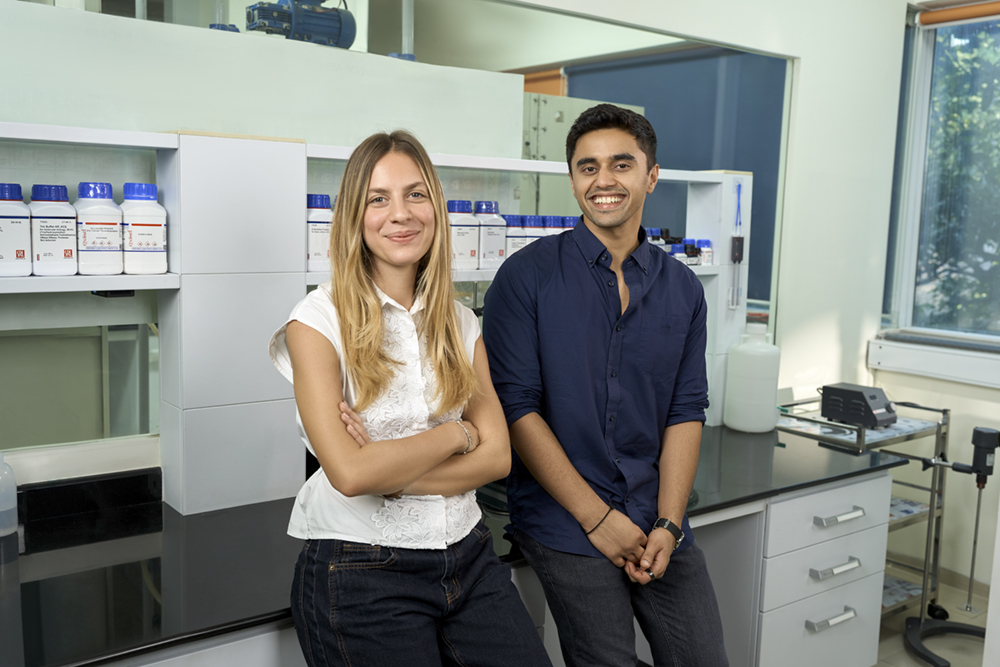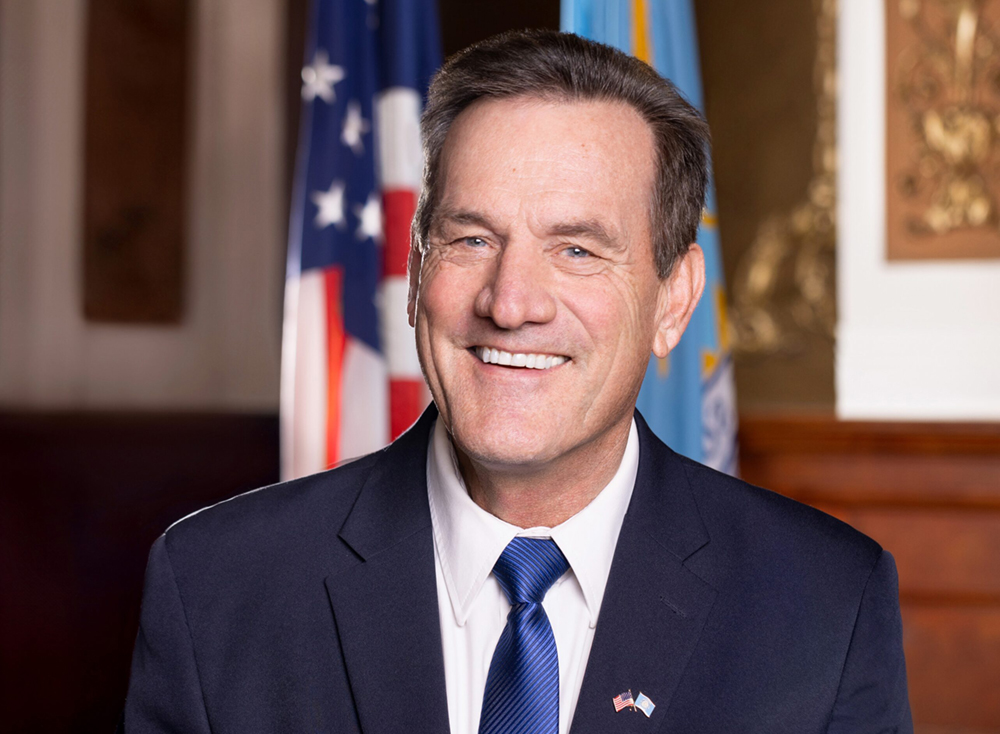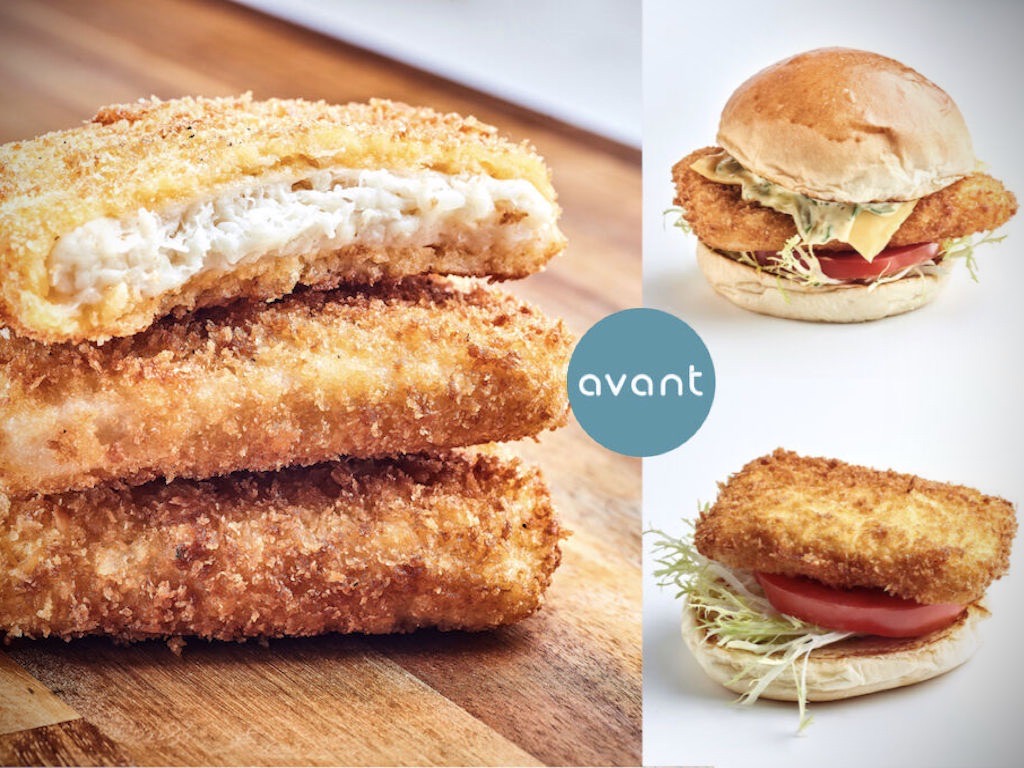
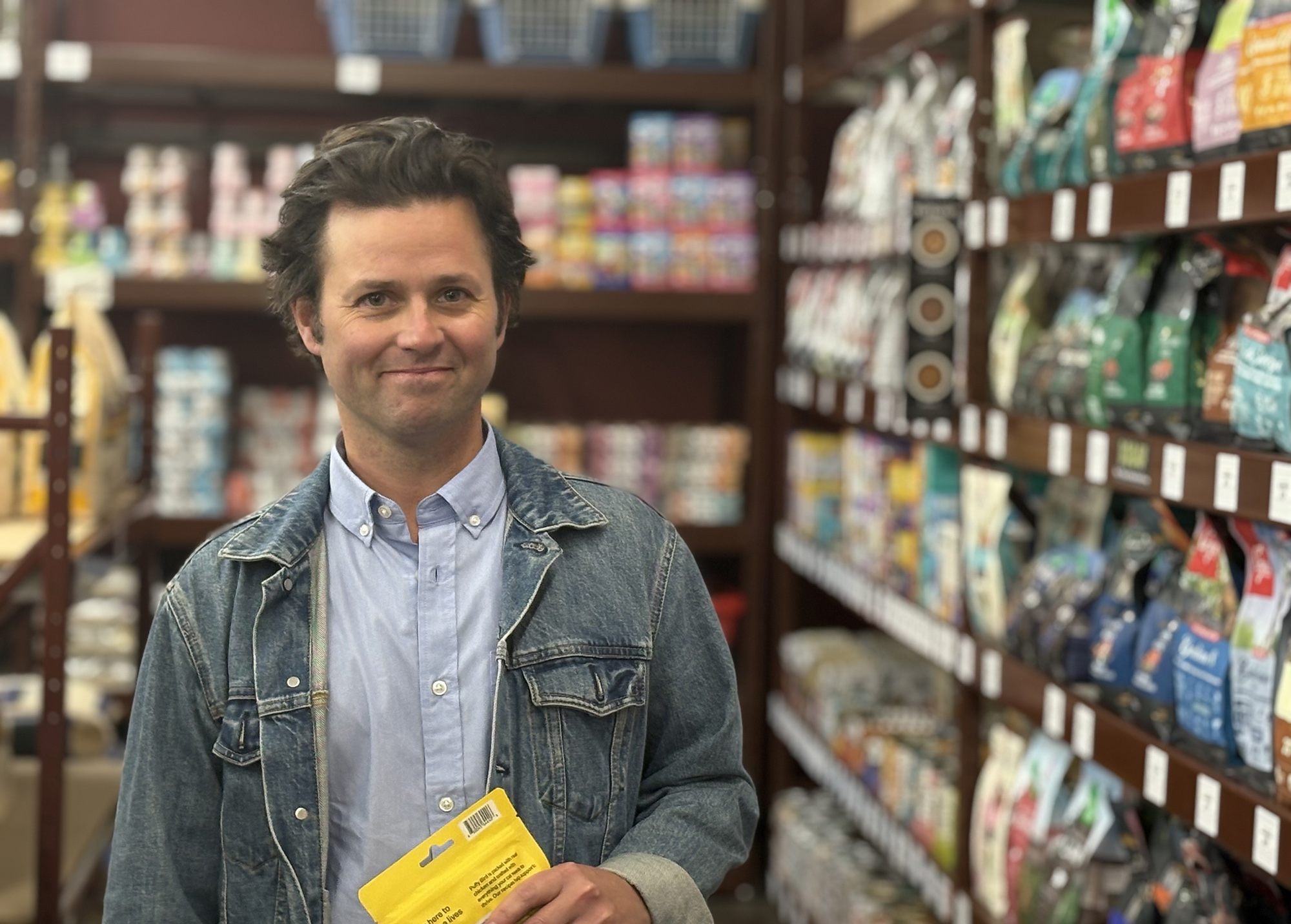
Friends & Family gets green light for Asia’s first cultivated meat pet food in Singapore
Friends & Family Pet Food Company has become the first company to receive regulatory approval in Asia for a cultivated meat-based pet food, marking a significant milestone for both the alternative protein and companion animal industries. The go-ahead from Singapore’s Animal & Veterinary Services (AVS), granted in June, paves the way for the company to launch a line of freeze-dried treats for cats and dogs this fall.
“This is a big step for the cultivated meat industry, and for Singapore – which soon will be the only place in the world where you can buy your cat or dog a cultivated treat,” commented Maurice Yeo, COO of Friends & Family.
The company will debut eight SKUs in the Singapore market, with all manufacturing based locally. The first ingredient in each product is cultivated poultry, described by the company as human-grade, with no antibiotics, hormones, or chlorine. The launch also leans into cultural familiarity, referencing the Kampung bird, a heritage free-range poultry breed common in Southeast Asia.
But for Joshua Errett, Founder & CEO, the technology is about more than swapping one protein for another. “Part of the Friends & Family mission is not simply to replace the protein in the pet food supply chain, but to improve the underlying protein cats and dogs eat,” he said.
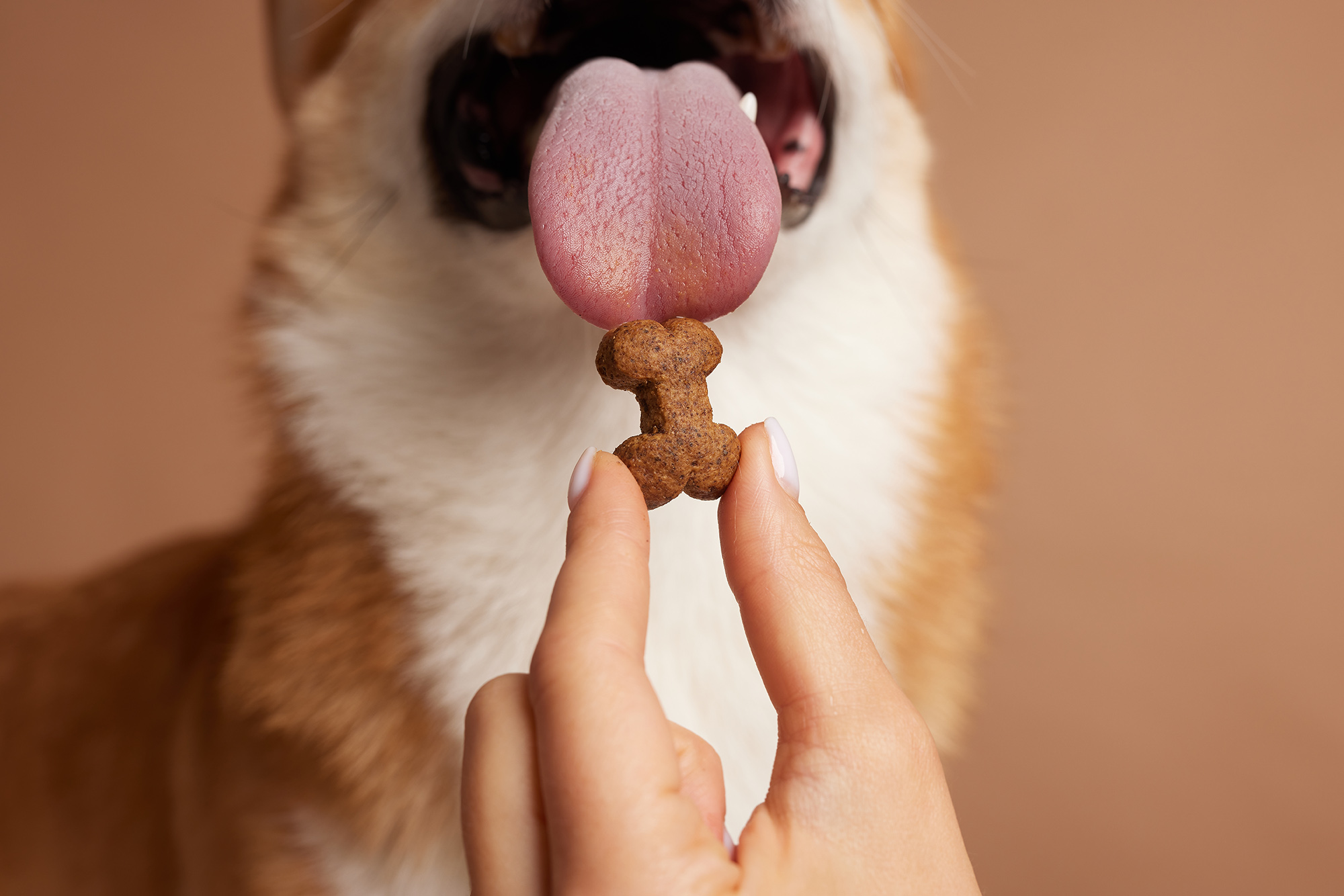
In an interview with Protein Production Technology International, Errett elaborated on the science behind that vision, what Singapore’s approval means, and why cultivated meat could offer nutritional advantages traditional meat can’t match.
Singapore was already the first country in the world to approve cultivated meat for human consumption, and now becomes the first in Asia to do so for pets. According to Errett, AVS required “essentially the same dossier for the scientific and safety data” as its human food counterpart, the Singapore Food Agency, with additional information relevant to the target animals.
That includes safety and digestibility trials, often referred to in the industry as “the poop test”, which help demonstrate nutrient absorption in cats and dogs. “Pet food is straightforward,” said Errett. “You can feed a cat the same food every day, for all its meals, and get very clear data around the ingredient.”
By contrast, he sees human nutrition as vastly more complex. “Humans have lots more criteria around food than cats and dogs,” he continued. “If you focus on execution, on the fundamentals, the score takes care of itself.”
One of the company’s longer-term goals is to use cultivated meat to eliminate the need for synthetic supplementation in pet food – starting with taurine, a critical nutrient for cats.
“Pet food right now generally includes a synthetic taurine. How bioavailable is this for cats? It differs greatly,” said Errett. “My goal would be to see if we can cultivate taurine biologically, either at the growth media stage or even if one day the cells could produce taurine.”
Although this goal hasn’t been achieved yet, it underpins the company’s commitment to making cultivated meat not just equivalent, but better. “We want to create a meat that needs no supplementation and can be complete and balanced on its own,” he said.
The treats launching in Singapore already take a step toward this “functional” pet food platform. In addition to the cultivated poultry, one SKU includes prebiotic fibers designed to support gut health and immunity, while another emphasizes trace minerals and bioavailable vitamins to promote longevity.
Friends & Family isn’t trying to be all things to all species. Errett said the company has no plans to expand into human food, even though some cultivated meat companies see pet food as a stepping stone.
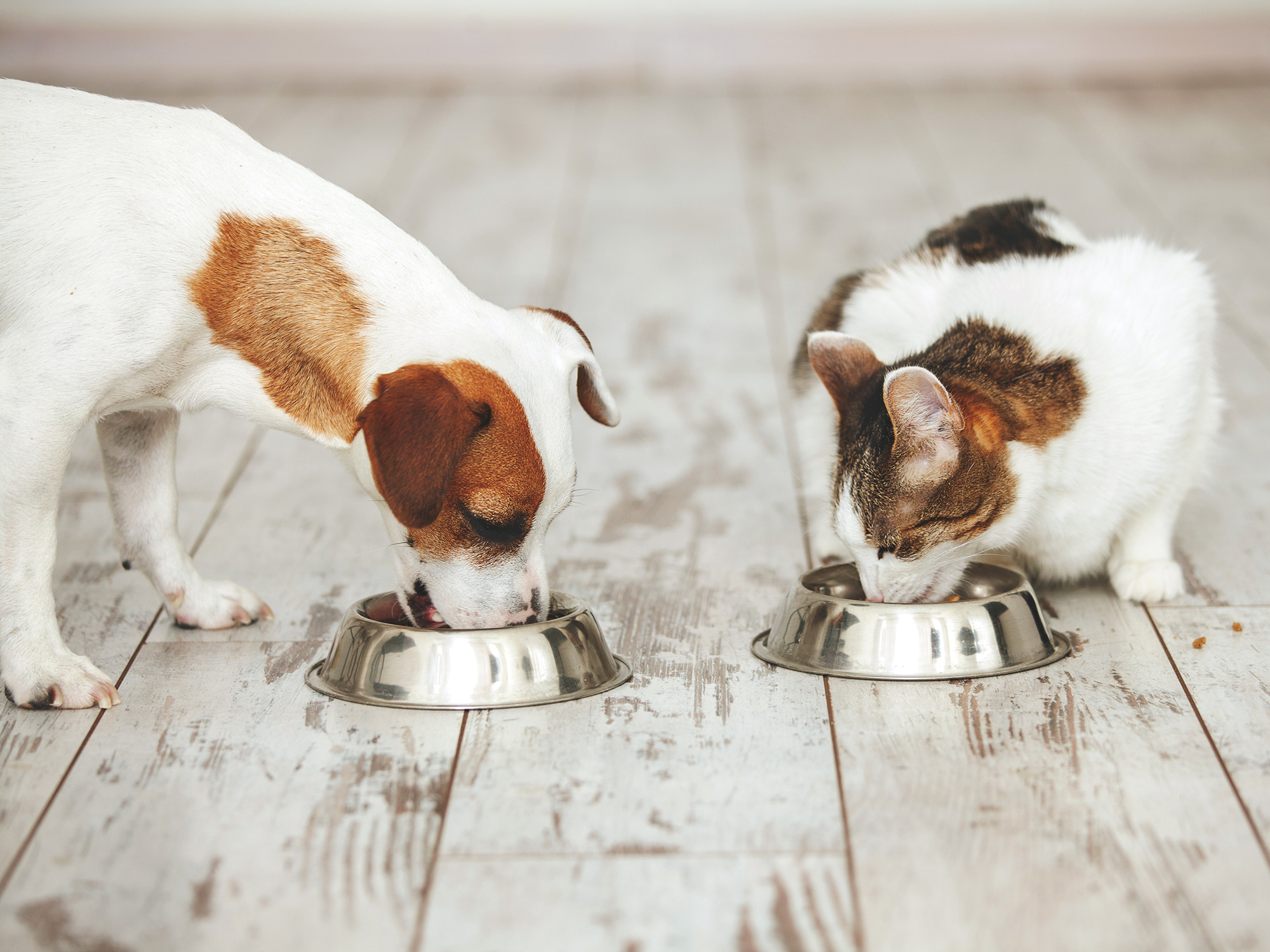
“We’re going to stay in pet food. It’s a brilliant application for this technology,” he said.
One key reason is that pet nutrition allows for both formulation control and scale advantages. “I have 10 partners in the space who I work with to co-develop cultivated meat for pets. So I have access to a lot of cultivated meat,” Errett noted. “And the challenge is how to make structured meat products that humans will eat. I don’t have that problem, because I make food for cats and dogs.”
Choosing freeze-dried treats as a launch format was strategic. The method locks in nutrition and flavor while avoiding the nutrient degradation that can occur during high-heat extrusion, the typical method used for making kibble.
As for the regulatory hurdles in other markets like the USA, Errett doesn’t sugarcoat the challenges. “With difficulty!” he said, noting that persistence – “just showing up each day armed with will and determination” – has been key.
While Singapore leads the way, Errett hopes cultivated meat becomes more than just a premium niche. “Yes, I would like cultivated meat to be the new ‘organic’ or any other term that means healthier, fresher, better,” he said.
But he also acknowledged the uphill battle in winning over consumers who may view premium pet food as frivolous. “People tell me the entire idea of feeding pets better is frivolous, that we shouldn’t be spending time or resources on cats and dogs when there is human starvation,” he said. “But, ladies and gentlemen, we have one food system, and 1.5 billion dogs and cats to feed.”
Ultimately, Errett believes cultivated pet food offers tangible benefits to consumers – better nutrition, safer ingredients, fewer additives – that sustainability alone can’t sell. “The problem with sustainable products to me is the costs are all upfront, and the benefits are diffused into our greater society,” he said. “So I wanted to flip that, pair the benefit with the cost, and position the sustainability as a positive aftereffect.”
With tons of cultivated meat already in inventory, eight products ready to launch, and expansion plans across Asia and the USA, Friends & Family is betting that pet owners will be willing to pay for better meat – not just different meat.
If you have any questions or would like to get in touch with us, please email info@futureofproteinproduction.com

.png)


